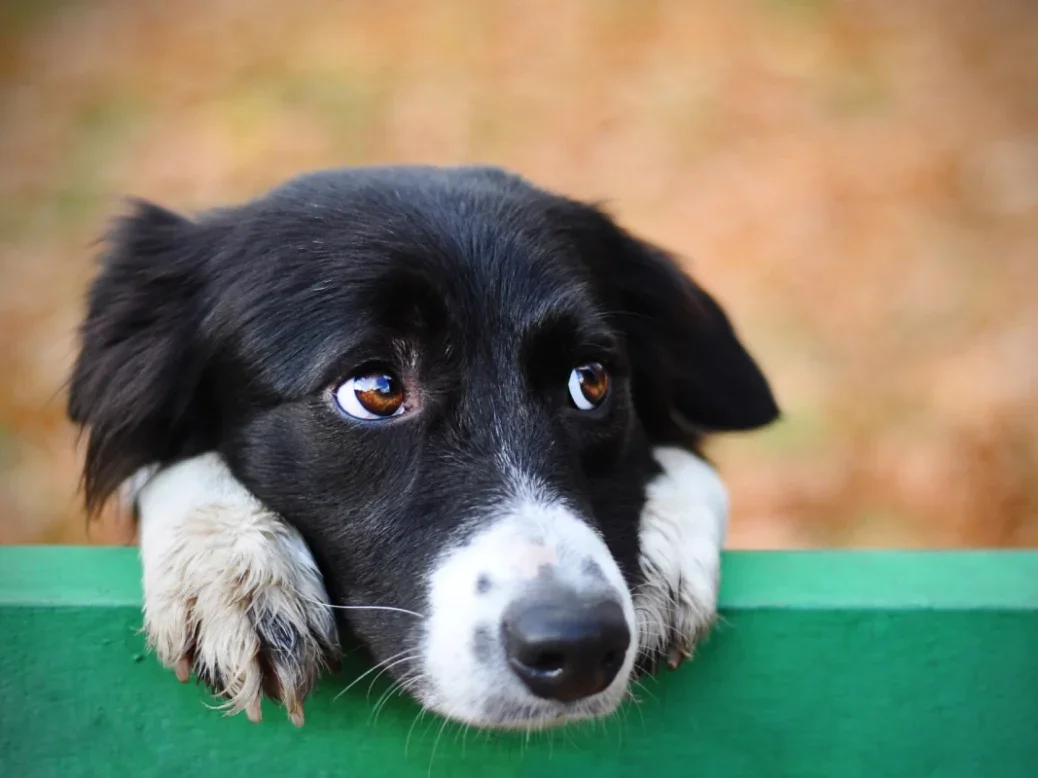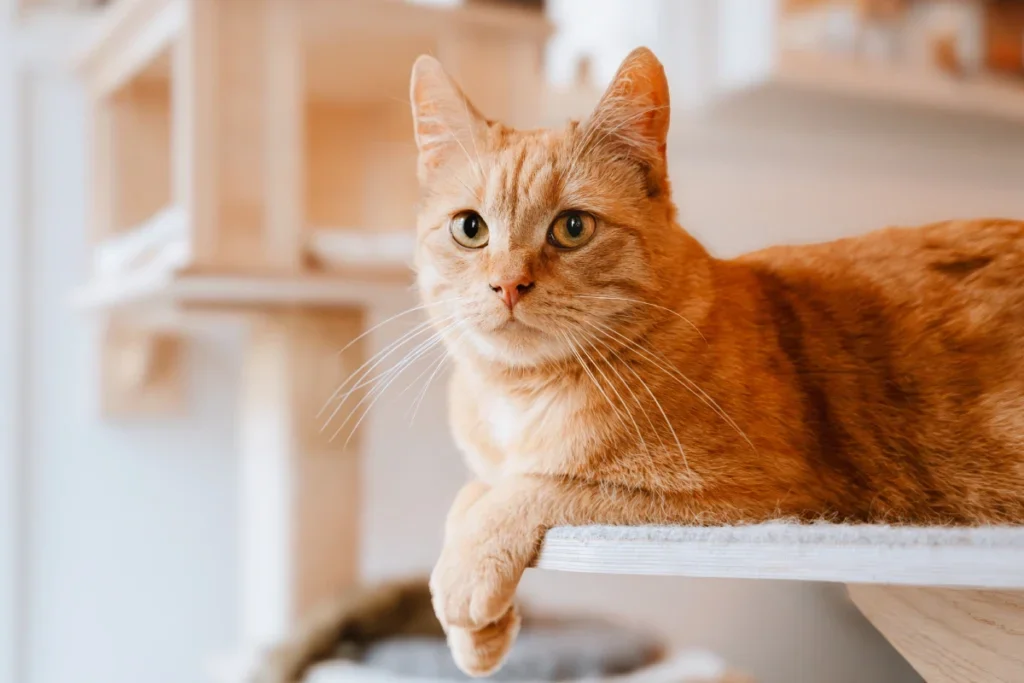
Pets are often deeply loved family members and when couples separate, disputes over pets can be highly emotive and difficult to navigate. To preempt any post-separating pet disputes, some couples are now turning to pet-nuptial agreements or petnups. A petnup sets out in advance who will keep the pet or how the couple will divide the care of the pet if they separate.
[See also: Surge in wealthy divorcing couples hiring private judges to resolve financial disputes]
What is a petnuptial agreement?
A petnup is a written agreement between partners outlining ownership, care and financial responsibilities for a pet in the event of a breakup. Similar to a prenuptial agreement, it provides clarity and security, preventing disputes and prioritising the welfare of the pet.
Legal status of petnups in the UK
At present in UK law, pets are considered property (chattels), meaning disputes over pet ownership are treated similarly to any other possessions such as a car or a piece of art. Often parties are surprised to learn this. Globally, there are several examples of places that have changed their laws concerning pets. For example, in British Columbia, Canada, changes were made to the Family Law Act in 2024 to change how the court will look at pet custody.
[See also: Divorce Day: Family lawyers on how to have a better separation]
Under this new law, pets are recognised as family members rather than possessions, and when deciding who should keep the pet, the focus is now on who has provided the care for the animal and the relationship of the animal with the family members. The legislation encourages parties to negotiate private pet custody agreements.
At present, a petnup is not automatically legally binding in the UK, but courts may take one into account if it has been fairly drafted and signed voluntarily. Much like prenuptial agreements, a well-prepared petnup can influence a court’s decision in the event of a dispute. Provision for what will happen to a pet may be included in a prenuptial agreement.
What should a petnup include?
A comprehensive petnup should cover:
- Who will be the pet’s primary and legal owner.
- Any agreed contact or shared care arrangements.
- How costs such as food, vet bills, and insurance will be divided.
- Who will make medical decisions and cover major veterinary expenses.
Both parties should sign the agreement after seeking independent legal advice for it to have the best possible legal outcome.
[Best family lawyers for high-net-worth clients in 2024]
Pets in divorce proceedings
If a couple does not have a petnup/prenup that covers their pets, then as indicated above, who will keep the pet will be determined by the court in the same way as any other chattel. We would strongly advise couples to seek to resolve issues surrounding pets privately and to explore dispute resolution outside of the courts, such as mediation or arbitration.
Without a petnup, courts decide pet ownership based on factors such as who purchased or adopted the pet, who has met the expenses relating to the pet and who has been the primary caregiver. Without a prior agreement, the pet may be treated purely as an asset, with decisions made accordingly.

Is the tide turning?
While the law considers a pet a chattel, the tide may be turning, as demonstrated by the recent case decided by District Judge Crisp sitting in the Family Court at Manchester. The recently decided case of FI v DO [2024] EWFC 385 (‘Fido’ – get it?! – there is a trend for naming family cases with a clue about the subjects involved) dealt with, among other issues, the care of a golden retriever puppy.
The husband was seeking a declaration over the ownership of the dog and a shared care arrangement. The court had to determine who would retain the puppy. While determining who would be best placed to care for the puppy the following factors were considered relevant: The emotional bond between the children and the dog; Who had been the primary carer for the animal; Who had cared for the animal post-separation; and the parties respective living environments post-separation.
[See also: The best divorce lawyers in London]
It was irrelevant who had paid to purchase the animal, the court said. Finding for the wife, the court said: ‘The dog’s home is with the wife, and she should stay there. It would be upsetting for both the dog and the children were those arrangements to alter. The husband has managed without a dog for 18 months, and it does not therefore seem necessary for his support, even if that were the case, which I do not accept was the position at the time the parties separated.’ This case may indicate a move towards more welfare-based decisions over pet ownership.
While a petnup is not legally binding, it provides valuable clarity and can carry significant weight in court proceedings. By outlining ownership and care arrangements in advance, couples can prevent unnecessary disputes and prioritise the welfare of their pet. Seeking legal advice when drafting a petnup is a proactive step that can help avoid uncertainty and protect both owners and their beloved animals.






